
We are celebrating here the beginnings of a great coming together. In less than a hundred years the modern phase of African literature has undergone an exponential growth. There was a time when to be considered as being part of African literature you had to be published in the African writer’s series. Now all the best publishing houses find it de rigueur to have an African writer on their books. It is the most expanding literature in the world. There are those who go so far as to say that the future is African literature.
This does not surprise me in the slightest. For decades now, I have been singing of the incalculable richness of African realities and how it will explode in literature in the time to come. Not only the stories, but also the nature of the African sensibility, at once conservative and innovative. There are few traditions that have both, in equal measure, the inclination to respect – indeed revere – tradition and the evolutionary impulse to make new, to create new dances, angles, dreams, inflections, forms. When you add to this mix the tremendous pressures on African life, from poverty, politics, suffering, tradition, modernity, along with the immeasurable beauties of African reality – the ancestral creativity, the capacity for joy, the unimaginable resilience, the incredible playfulness, the wild humor, the big laughter, the immense capacity for forgiveness, the amazing hospitality, the fertility of stories – when you take all these together and hurl them into the creative matrix, then you have a recipe for the possibility of a literature so great that it will one day rival that of the Russian, the American, and surpass the Latin American.
Make no mistake about it, African literature is taking over the world. It has sprouted from Africa, but it has grown in all the corners of the globe. It is a literature of the native lands, but it is also a literature of sensibility, of exile, of migration, of travel, of home-leaving, home-staying, homecoming. It is a literature that can no longer be contained in a continent, or by a school, or a name, or a homogeneity. It is a literature of all schools, of new schools without a name, a re-invention of the past, a transmutation of the storytelling earth.
There was a time when African literature was treated with a ghettoization. Now it is a universe. It always has been the fact that the excellence of its practitioners transforms the perception of a place, a school, a tradition, a nomenclature. It is a literature of great stories, of great laughter, of great suffering, of great technical abilities. The literature has altered the geography of world literature. And it is only just beginning. The genie has been released from the bottle and cannot be put back there again. And it is one hell of a genie, bursting with centuries of stories and dreams to create and share.
I have always been a little envious of the beautiful times of the sixties when the writers of Africa all knew one another, fraternized with one another, and came together in argument and solidarity at the universities, the festivals, the great conferences. They came together and celebrated together and unleashed their manifestos or their mockery of manifestos together. Now the literature has grown, the practitioners are scattered across the globe, and so many of them have not met the others, and there is this distance between us. I dream of a big coming together, of another FESTAC, another vast festival where all the writers, young and older, in all their persuasions and genders, in their styles and affinities, can come together and celebrate this great literature that we have all managed to create together. I am hoping that this would be the beginnings of that realization.
Till then we have here this mighty forum on Brittle Paper, celebrating and curating the big virtual festival of our beloved literature.
Not falling apart we are flying together, not palmwine drinkards we are literature drunkards. We are interpreters, petals of stories, celebrating the joys of writinghood, our roads not famished but multiplying, in dizzying profusion.
Welcome to the harvest of the last ten years, in a new century, a new millennium, on the cusp of one of the greatest changes in the human story, when at last black people can begin to live out their potential and soar in their creativity, to give a new magic to what it means to be human…



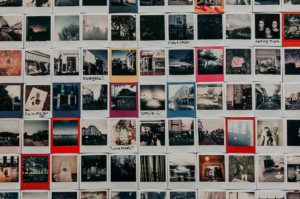
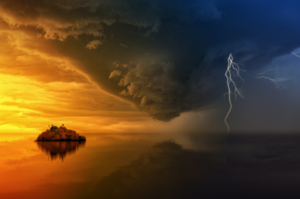
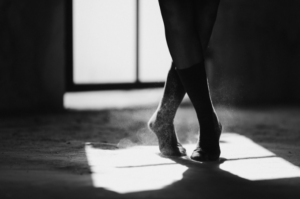
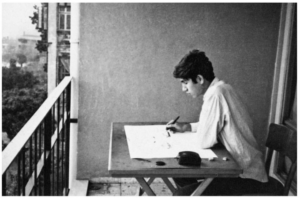
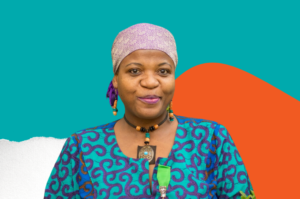

African literature is the future - Francesca Sibani - Archynewsy November 07, 2021 20:55
[…] literature is the future,” wrote Ben Okri, the well-known Nigerian poet and novelist, in an essay on the Brittle Paper website. “Once upon a time, to be considered part of African literature, it had to be published in series […]